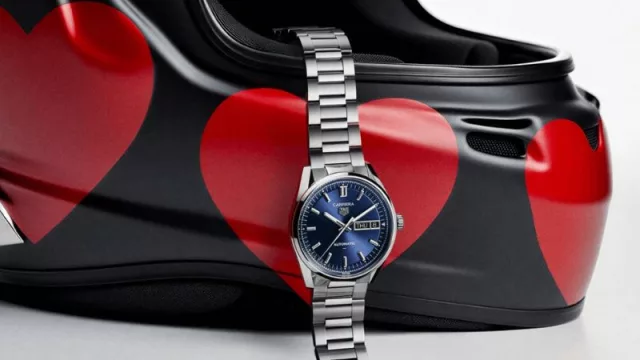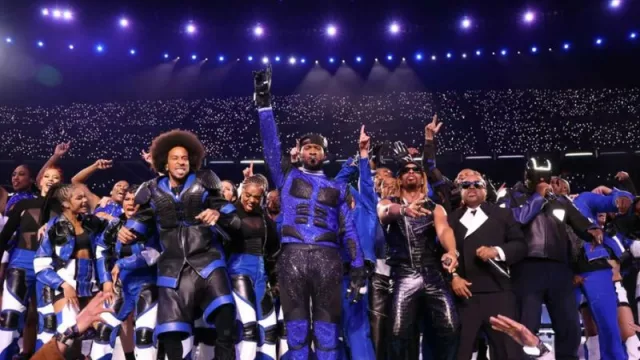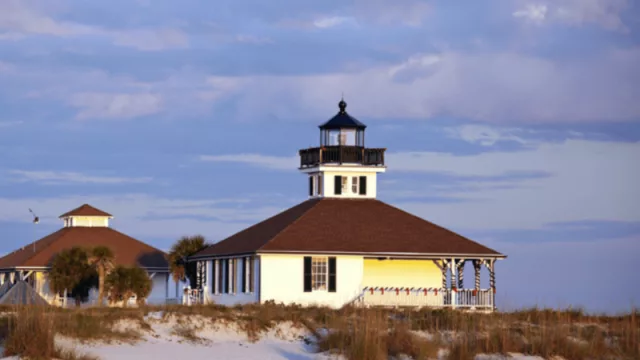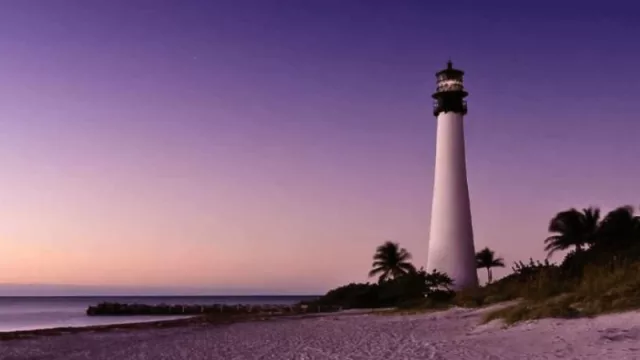Executive Summary:
-
Benetton, the Italian clothing brand renowned for its audacious ad campaigns and vibrant style, has declared bankruptcy.
-
The closure of 400 stores and massive layoffs are part of a desperate restructuring plan to tackle crippling debt.
-
Experts point to the brand's failure to adapt to evolving market trends and fierce competition as key factors in its demise.
Benetton's collapse is a wake-up call for businesses of all sizes. Adaptability, constant innovation, and actively listening to market needs are non-negotiable for long-term survival and success.
Tips to Avoid Becoming the Next Benetton:
-
Think Beyond the Baseline: Benetton forgot that in today's hyper-competitive market, a single business model is a recipe for disaster. Multiple revenue streams, category expansion, immersive experiences, and world-building are essential for capturing attention and remaining relevant in a world saturated with fleeting trends and short attention spans. This applies whether you're a local coffee shop or a global brand. (Like it or not, that's the reality.)
-
Constant Innovation: Don't rest on your laurels. The market is constantly evolving, and so are consumer tastes. Stay ahead of the curve or get left behind.
-
Listen to Your Audience: Pay close attention to what your target market wants and adapt accordingly. Ignoring your customers is a surefire way to lose them.
-
Smart Financial Management: A diversified business model is the only way to weather economic storms.
Want to learn more about safeguarding your business?
Take a look at what's happening with KTM:
The Fall of a Giant
“I trusted and was betrayed. They betrayed me in the truest sense of the word,” lamented Luciano Benetton, the brand’s founder, as he announced his retirement in 2024. These words, heavy with disappointment, reflect the harsh reality of a company that was once synonymous with success.
Since its inception in 1965, Benetton captivated the world with its colorful designs and message of inclusivity. However, the rainbow's vibrancy began to fade. The brand, which held the 75th spot on Interbrand's list of top global brands in 2000, vanished from the ranking entirely by 2002.
What Went Wrong? Key Factors in Benetton's Downfall:
-
Failure to Adapt: “Benetton failed to read the market signals,” states an industry analyst. While competitors like Zara and H&M were quick to embrace fast fashion trends and e-commerce, Benetton clung to its outdated model.
-
Controversial Ad Campaigns: While Benetton's advertising campaigns were iconic in the '80s and '90s for their provocative nature, they became increasingly controversial, alienating a portion of their audience and failing to invest in what's now known as Crossing MTK (a blend of online-offline experiences and category expansion).
-
Fierce Competition: The rise of fast fashion and the growing popularity of e-commerce created a cutthroat environment where Benetton struggled to stand out.
Lessons for the Business World:
Benetton's downfall is a stark reminder that even the most successful brands are vulnerable in a constantly evolving market. Innovation, adaptability, and sound financial management are paramount for survival in today's competitive business arena.
Three Keys to Prioritize "Crossing" Thinking Today:
-
Culture First: Strengthen your teams, systems, and structures with a focus on holistic value.
-
Phygitality (Phydigitaly): Today's approach requires a seamless blend of online, offline, experiential, and category-expanding strategies.
-
Business Expansion: A modern brand is a universe of products,experiences, and categories working in sync to create a unique and amplified system. Otherwise, you're left with products and services that can be easily imitated, optimized for cost, logistics, and functionality in a way that leaves you in the dust.
-
IG: @infonegociosmiami / Click Here: (https://www.instagram.com/infonegociosmiami?utm_source=ig_web_button_share_sheet&igsh=ZDNlZDc0MzIxNw==)
FAQs:
-
Q: What will happen to the existing Benetton stores?
-
A: Most of the 400 stores slated for closure are in Europe, where the brand had its strongest presence. The fate of the remaining stores remains uncertain.
-
Q: Could Benetton rise from the ashes?
-
A: While bankruptcy is a major setback, it doesn't necessarily spell the end. With a sound strategy, a renewed focus on what consumers crave, and a dash of that Italian ingenuity, the brand could find a new path to success.
-
(Share this article with fellow entrepreneurs and help us build a more resilient business landscape.)
Suscribete:
-
Subscribe for free to receive the most strategic, agile, and valuable insights at: https://infonegocios.miami/suscribite-al-newsletter
Infonegocios NETWORK: 4.5 million Anglo-Latinos united by a passion for business.
-
Contact Infonegocios MIAMI:[email protected]












Tu opinión enriquece este artículo: